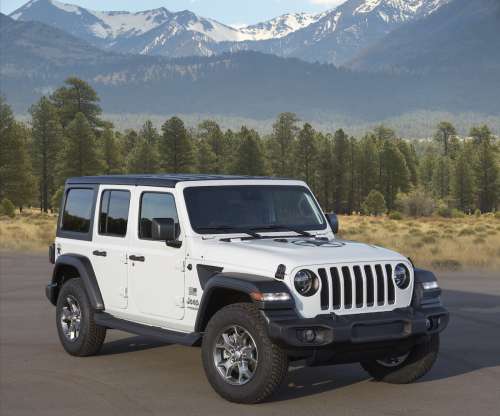FCA says Jeep Wrangler environmental impact reduced by 15% compared to predecessor
Green Car Congress
MAY 12, 2020
The comparison was made with the previous-generation Wrangler Unlimited, as powered by its only available engine—FCA’s award-winning 3.6-liter Among the highlights, FCA cut its water use by nearly 40%, compared with 2010. 2020 Jeep Wrangler Freedom Edition.




















Let's personalize your content